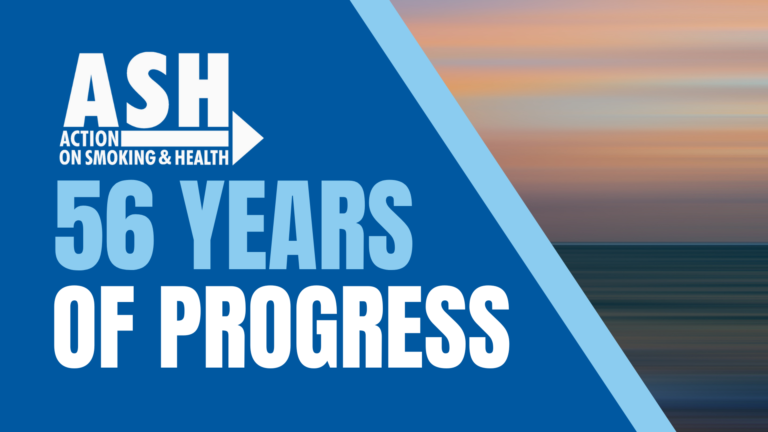Criminal Liability and Human Rights Violations
Tobacco products kill more people than alcohol, AIDS, car accidents, illegal drugs, murders and suicides combined. Left unchecked, tobacco use will kill 1 billion people this century. As one state Supreme Court recently noted, cigarettes likely constitute “the most dangerous product lawfully sold” to consumers. The lethal consequences of smoking








